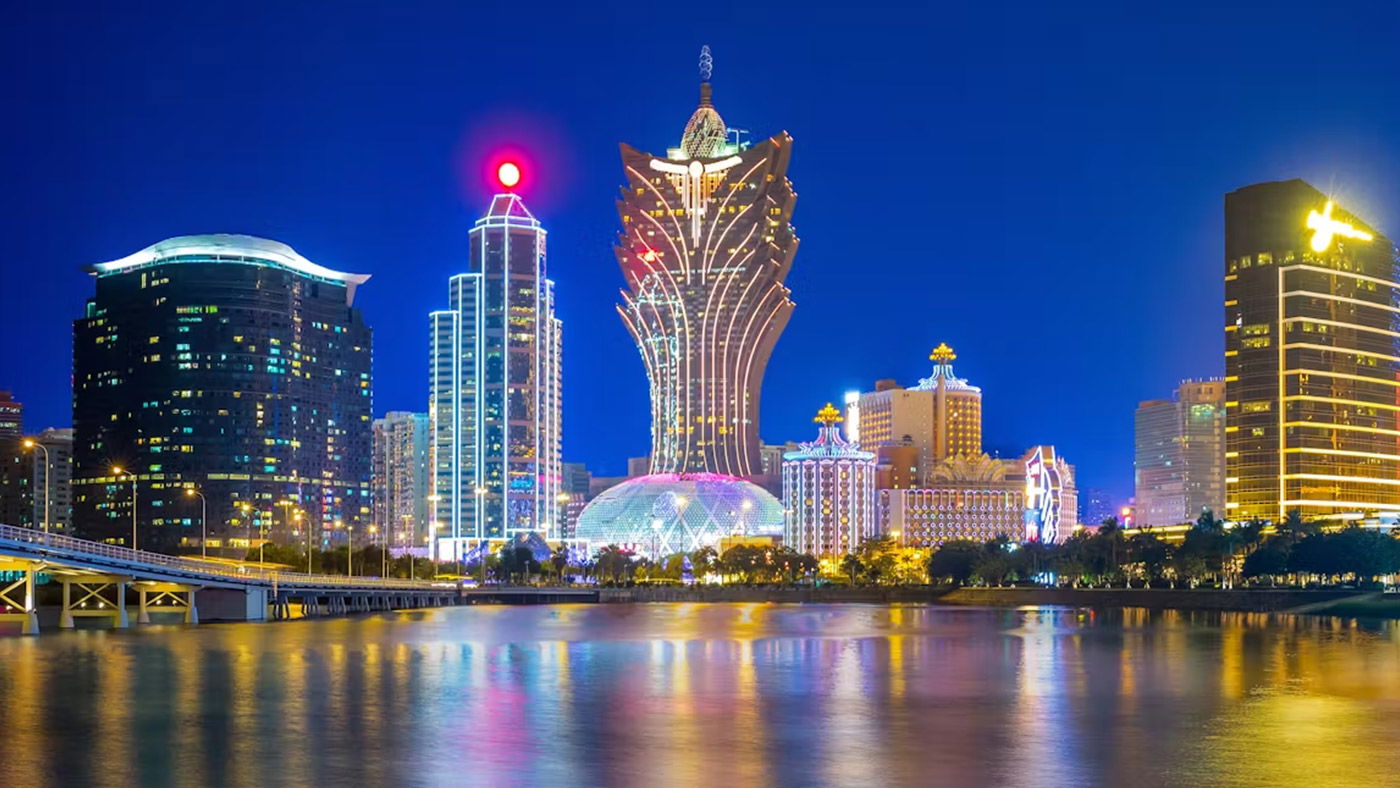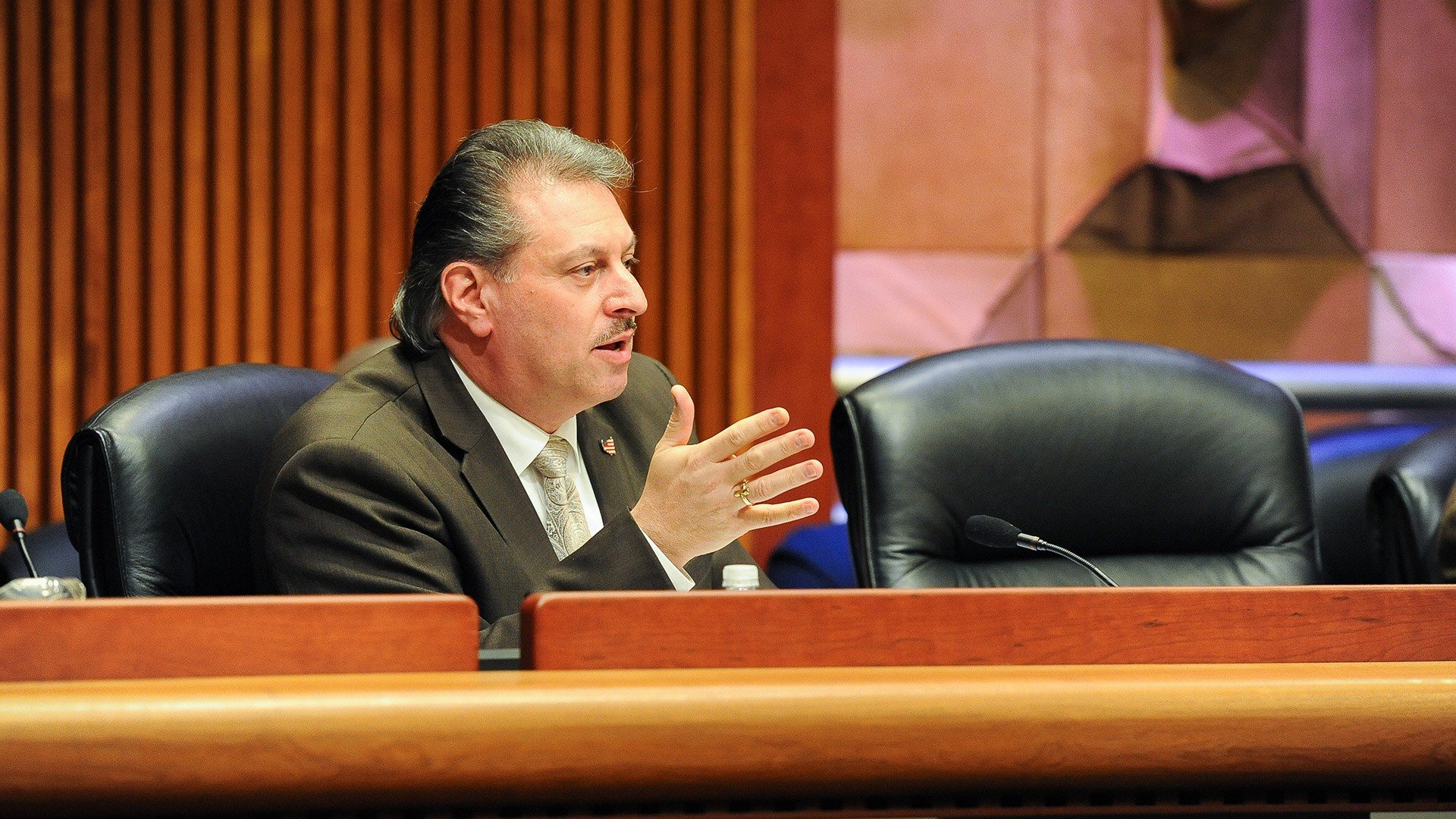Myanmar: ministries seek to legalize gambling

As disclosed by The Myanmar Times, several ministries have joined forces to introduce a new law to legalize gambling in Myanmar in the hope that it will spur tourism and boost revenue, but some people are lukewarm about the move.
“The government will legalize casinos as soon as possible after passing the new law in the national interest. Now they are preparing the draft,” U Myo Win Than, executive director of Grand Andaman Resort told The Myanmar Times.
The Grand Andaman Resort, located on the 1800-acre Thahtay island in Kawthaung township, is one of the two casino pilot projects that started during the military government in 1992. Another one is in the Golden Triangle region, according to U Myo Win Than.
"The military government allowed casino gambling as a pilot project in these locations more than 20 years ago to boost tourism and government tax collection", he added.
The Grand Andaman Resort was allowed by Myanmar Investment Commission to take over the government-run casino in July 2015 and has committed to invest US$12.14 million.
“This pilot project to boost tourism over the past 20 years was started by the government itself.
“When we bought the resort in 2015, we were given a 50-year license to operate,” he said.
Tanintharyi Region and Myeik archipelago are ripe for tourism development, and the government is planning to upgrade Kawthaung airport to handle international flights as tourist arrivals are on the rise.
Despite the casino ban, several illegal gambling joints are operating freely on the coast of Tanintharyi and along the border with China and Thailand, most notably in towns such as Mong La and Muse in Shan State, and Myawaddy in Kayin.
U Aung Myo Min Din, chairman of the Myanmar Hotelier Association, said the government loses millions in taxes from the operation of these illegal casinos.
“So the ministries of Hotel and Tourism and Home Affairs are trying to legalise the operation of casinos,” he said.
Based on a directive by the Myanmar Investment Commission, only foreigners can go to casinos under the management of the Ministry of Hotel and Tourism in restricted areas.
The chief ministers of Mandalay, Tanintharyi, Shan, Kayin and Mon states also discussed allowing casinos to operate in hotels, during a meeting with Henry Van Thio, chair of the central committee for the development of the National Tourism Industry.
But U Myo Win Than cautioned the government against allowing casinos in major cities, such as Mandalay, since it does not have experience with casinos.
“It should be allowed in the border areas under the administration of the government and where it can control security,” he said.
“If the government wants to develop the country, it should be built with businesses so they can create job opportunities,” he added.
Pyithu Hluttaw MP U Aung Hlaing Win of Mindalardon township spoke in support of legalising casinos in the Hluttaw committee.
He said that Singapore and Macau get billions of dollars annually from casino operations and the government can pay off its $10 billion foreign loans through these operations.
But hundreds of people in Myawady township in Kayin protested against the unabated operation of illegal casinos in January and filed formal letters of complaint with the authorities about the problem.
Some 300 people, including monks, marched in the streets of Myawady to denounce the rampant operation of illegal casinos in their town, which borders Thailand.
U Phyo Wai Yarzar, vice chair of Myanmar Tourism Federation, said that while casino operations increase tourism income, local people would get few benefits from it.
“Casinos can earn much income, but only few people will come purposely to gamble,” he said.

















































